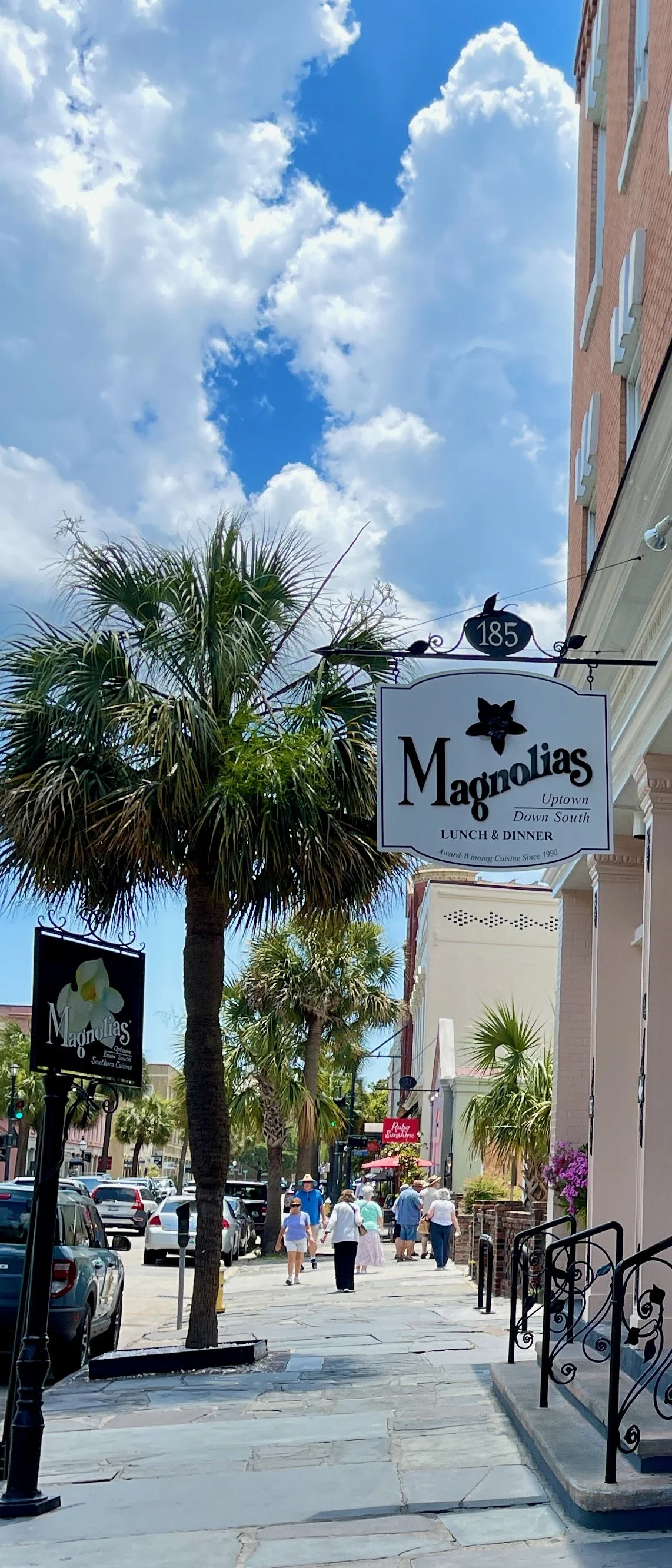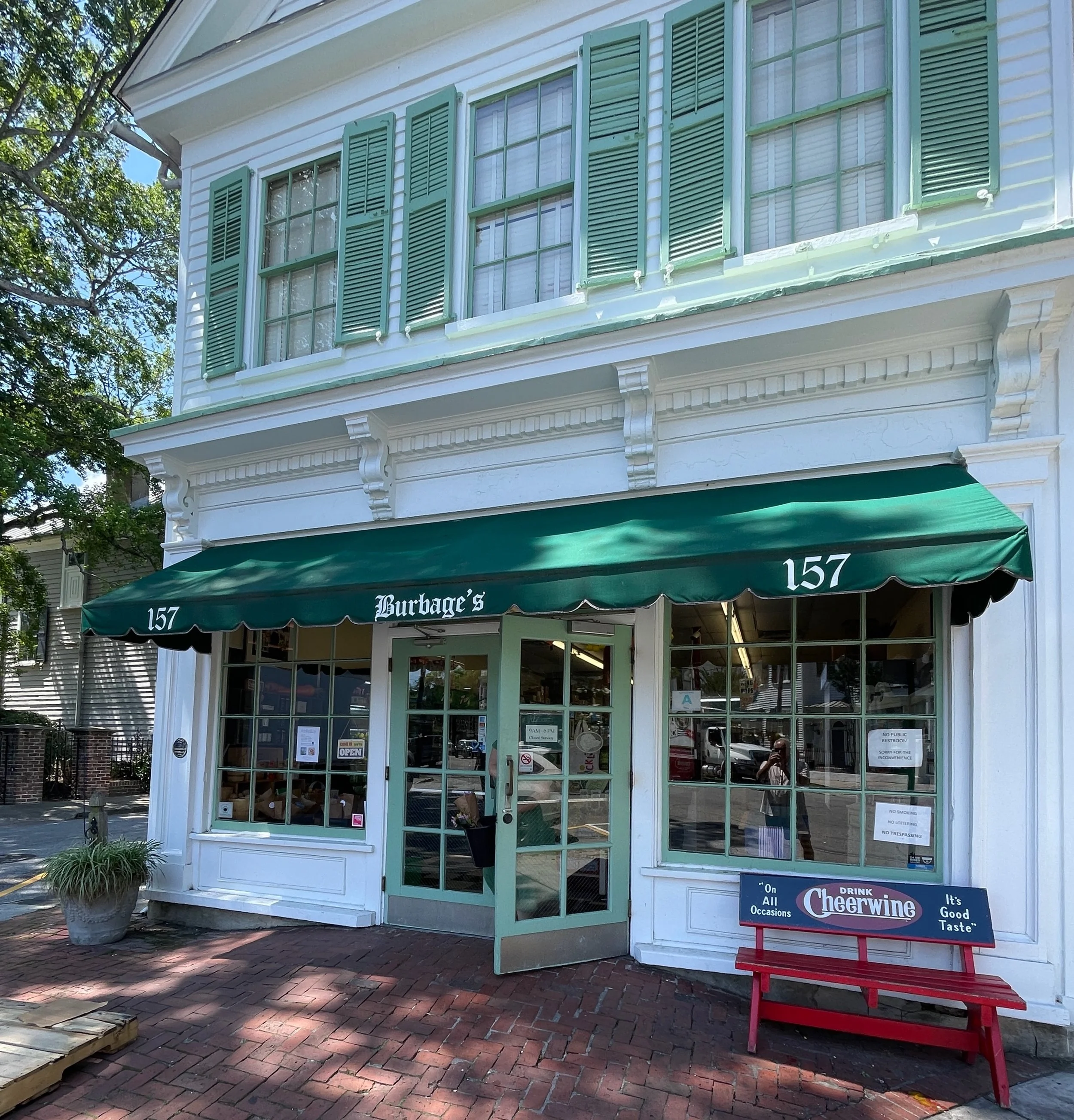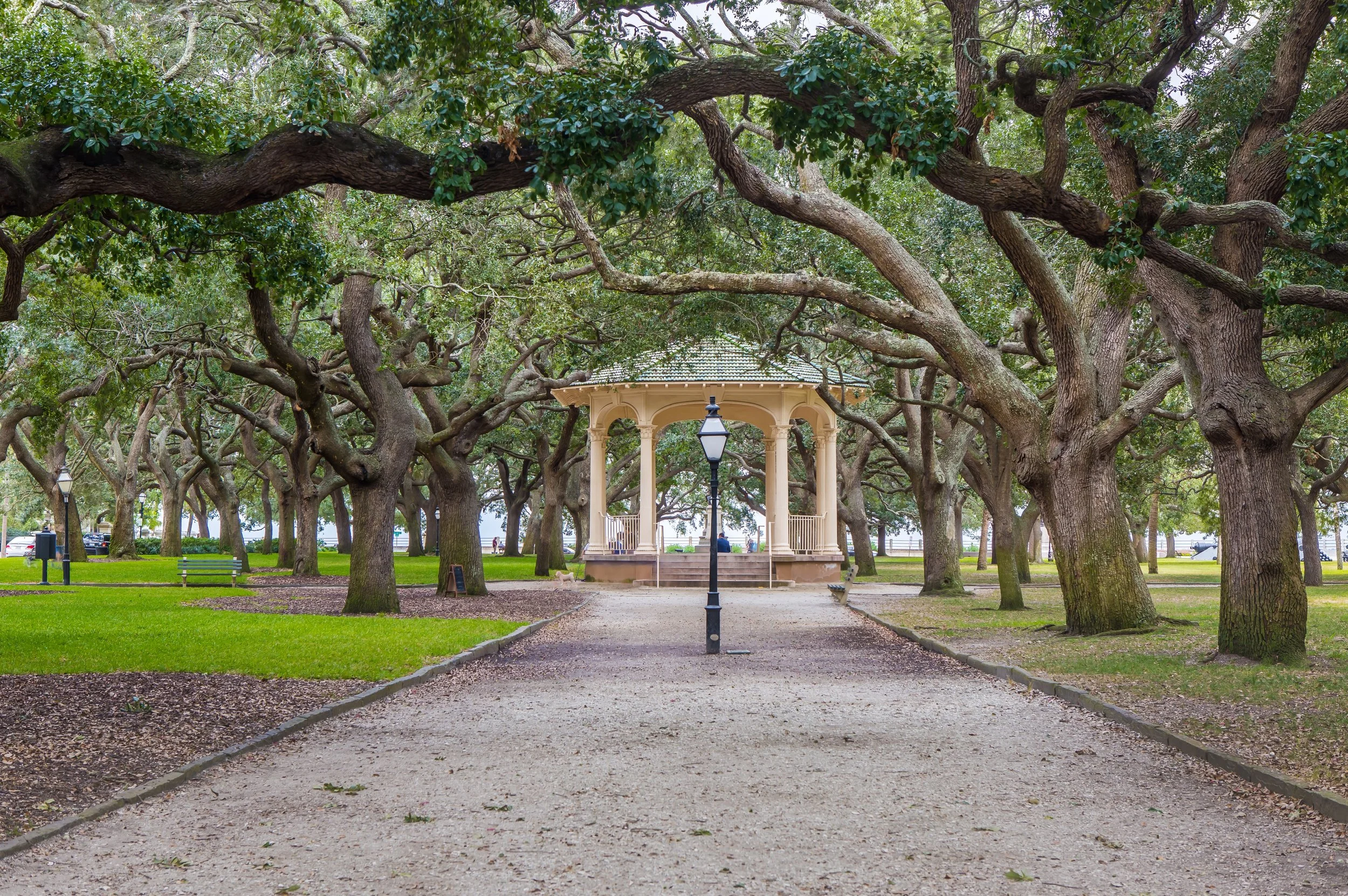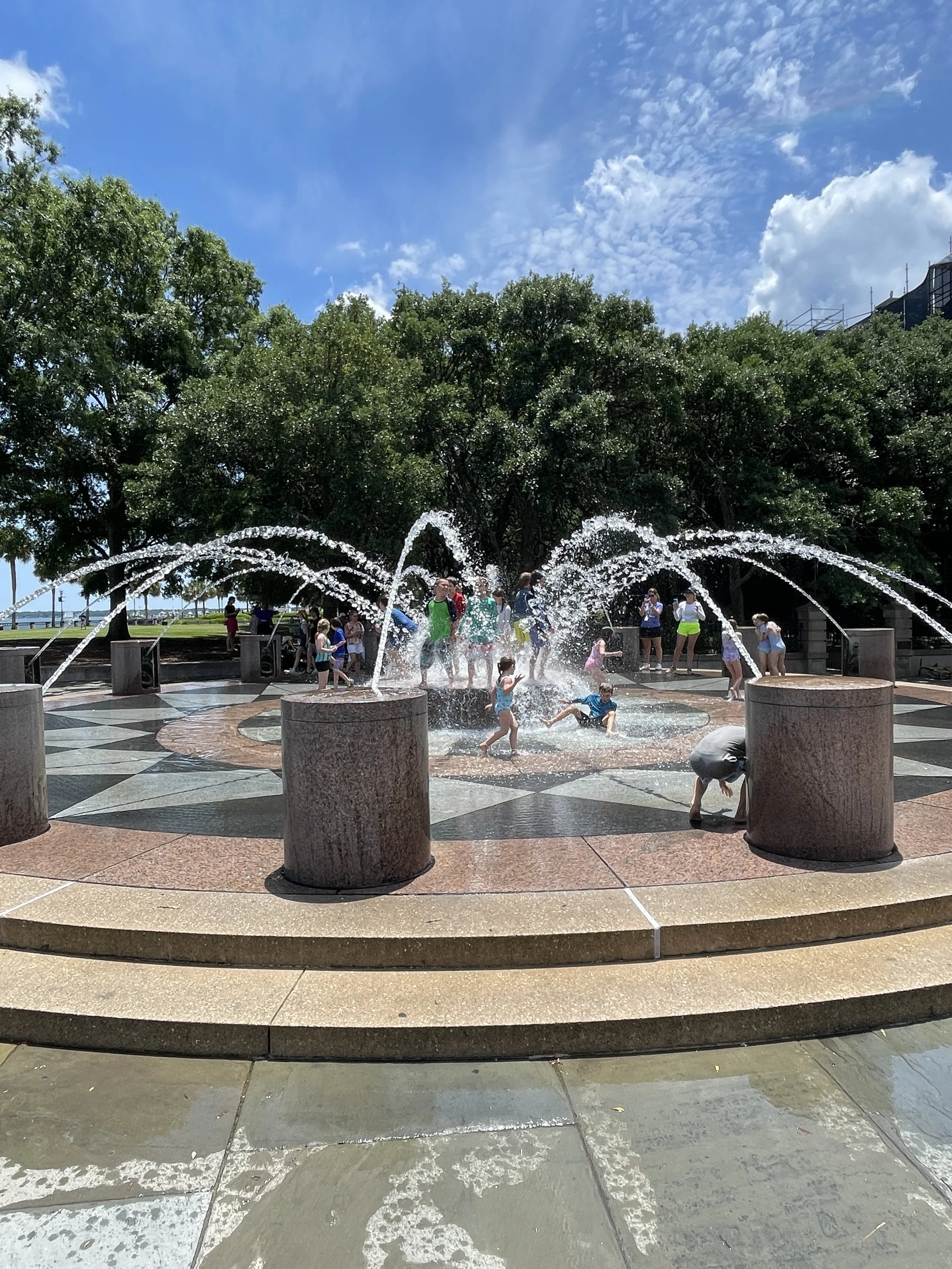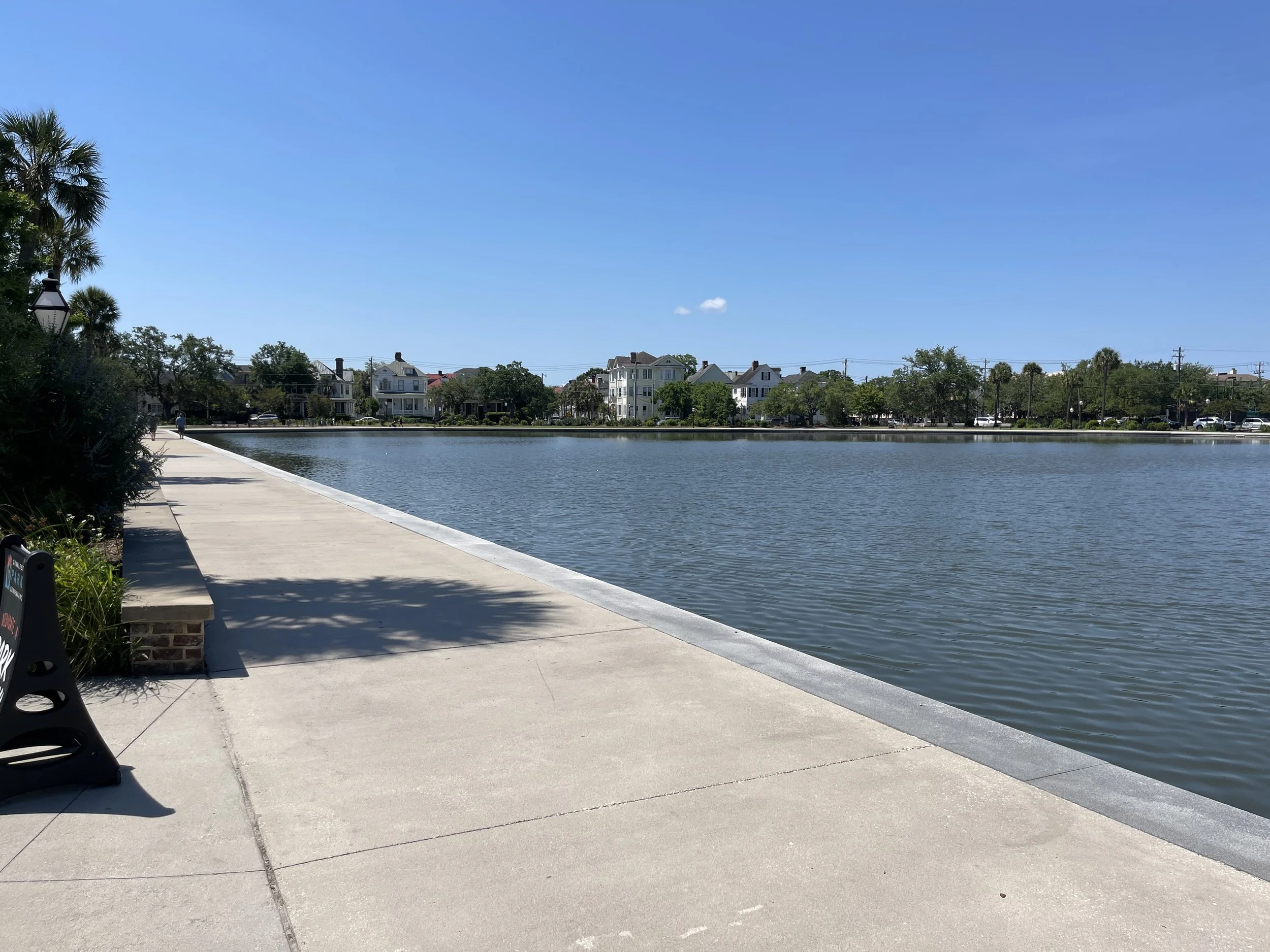Six Weeks For a Brother in Charleston
A story of brotherly love, sacrifice, and deceit.
By Granville Vance, M.D.
Chapter 1: Decision Day
Greg Rivers roused at half past six in the morning, just as the soft light of dawn crept through a thin veil of clouds. He was technically on vacation, but he’d slept fitfully, and the problem lingering in his mind had kept him awake deep into the night.
In the kitchen, a cool June breeze, much cooler than normal in Charleston, blew through the open window and sent the steam from his coffee mug up toward his face. He joined his brother, Grant, on the back porch.
“Sleep all right?” Grant asked as Greg sat down next to him.
“Did you?”
Grant took a sip from his own mug, filled with the same rich, black coffee Greg was drinking. “Probably no better than you.”
They sat in silence for a moment. Grant’s backyard was peaceful this early, as the breeze rustled the leaves and the birds tweeted quietly among the branches. It was a much different ambiance than the chaos in Greg’s mind. As they sipped their coffee, Grant identified some of the birds in the branches in between idle reminisces of their shared, distant memories. They were talking around the problem, shaking off the last of the fatigue—warming up in the bullpen, as Greg liked to say.
Soon Faith, Grant’s wife, stepped out onto the porch carrying her own cup. “Breakfast’s a bit modest this morning,” she said with a soft smile and a hint of urgency in her voice. “Just cereal and fresh fruit. It’s on the table whenever you’re ready. I’m going to clean up for the day.”
“Thank you, Faith,” Greg said.
“No need to thank me,” Faith said. She crossed the porch, then brushed a stray hair from Greg’s forehead and pressed a light kiss on his head. “I’ll be praying for you,” she whispered.
“I’m pretty undecided about the prayer stuff,” Greg said, “But thank you.”
Faith returned inside. Greg and Grant lingered for a moment, looking out over the garden.
“Greg,” Grant said, “I pray often. I think it’s the sanity-saving release that takes life outcomes out of our hands and gives us peace, and acceptance of decisions from above. But we’ve got to do our part to help ourselves, too. We have to be soldiers.”
The delicate intimacy of the moment was magnified by their shared knowledge, by the truth that Grant, with his authority as both brother and doctor, had confided to Faith, with permission, about Greg’s aggressive cancer.
The brothers went back into the kitchen. The only sounds were the faint rush of water from Faith’s shower. They filled their bowls with cereal, then peeled and shared a banana to add. Breakfast was quiet and efficient.
“Faith?” Grant called up the stairs. “We’re headed to the lake for a walk and talk.”
Her soft acknowledgment was barely audible. Grant nodded at Greg, and the two of them poured fresh coffee into Styrofoam cups, then headed out the front door to walk westwards down Broad Street.
They passed the forest green awning and old style facade of the Burbage Grocery. Grant gestured toward the quaint building with a nostalgic gleam in his eye. “That’s been a local anchor for many years,” he said. “Stop by if you have time.”
“I’m sure I will,” Greg said. He’d have time in his days while on this trip. How much time he’d have in the long-term, he wasn’t sure. He turned this over in his mind as their pace became more deliberate. “Grant, you summarized the situation yesterday, but I can’t recall every word. I was overwhelmed and stopped hearing you partway through. Can you run me through my options one more time?”
Grant nodded. His posture straightened slightly as he adopted he measured tone of a seasoned physician. “Big picture here. The CT scan revealed stage three pancreatic cancer. It’s not something we can handle easily. In broad strokes, you’ve got three choices.
“The first is to let it be. If we do nothing, we can expect roughly six months before your condition worsens to the point you’ll need hospice care. The second is to embark on a traditional chemotherapy regiment. It’s rigorous: weekly or bi-weekly IV chemotherapy sessions, with weekly lab work. The side effects are heavy. You can expect nausea, vomiting, diarrhea, weight loss, and hair loss. It’s a trip through hell, and it’s not guaranteed that it’ll extend your life.”
“And the third?” Greg asked.
“The trial,” Grant said. “It’s a new treatment protocol being tested at the Medical University of South Carolina, specifically for gastrointestinal malignancies, including pancreatic cancer. It’s already showing encouraging signs. More than half the study patients experienced a substantial reduction in tumor size, and some even regained weight. The study is in its eighth month with plans to continue for at least a year. Maintenance treatment might be in the future for those who continue to do well.”
Grant paused and took a sip of his coffee. “Usually, the next step is a pancreas tissue biopsy, to officially confirm the diagnosis with a tissue specimen so insurance will authorize the treatment. I showed you the images on your CT yesterday. It’s walking and quacking like a duck, and three of my colleagues took a look and agreed. If you want a biopsy, I can get it scheduled. But if you opt for the third option, we can skip that and get started quickly.”
Greg kept his eyes forward as they walked, digesting every detail. “Give me the hard version. No sugar.”
Grant took a breath to steady himself. When he spoke, he still sounded like the experienced doctor he was, but also like the brother Greg knew. “This cancer is insidious. It creeps up silently, so often that there are no symptoms as it finds its way into the organs where it soon begins to kill them. In your case, we found it by accident. A bitter stroke of luck. That’s relatively uncommon. And… Greg, your odds are somewhere between bad and worse. If untreated, patients typically drop a dramatic amount of weight, and endure severe, radiating pain. They’ll dwindle to barely a hundred pounds before complications like infections turn fatal. Six months is the average survival time. Traditional chemotherapy slows the progression and modestly extends life in the short term, but it can’t exactly be called a good life, with all those side effects. Under ten percent of patients survive past three years.”
“So I’m doomed?” Greg asked. Neither option seemed like a life worth living.
“Maybe not. The experimental trial is much kinder and effective in comparison. Patients experienced moderate fatigue and weakness, a little hair loss, some nausea, low libido… But symptoms are generally manageable. You might be in the right place at the right time, brother. It’s a simple regiment. Two pills a day at home for six weeks, followed by a CT scan at six weeks to assess tumor shrinkage. You’ll have to undergo weekly blood tests, and stay in Charleston where I can monitor you. And one big challenge for you, too.”
“Bigger than staring down cancer?” Greg asked incredulously.
Grant chuckled and grasped Greg’s shoulder. “No alcohol permitted. Zero tolerance. The medication interacts dangerously with it.”
Greg exhaled. He was a habitual drinker, sure, but this was as good of a reason to stop as any. “Eh. That’s not so bad, considering.”
“Good. And if we stop the medications, you should bounce back to your baseline way of feeling within a week or so. So as long as you stay off the sauce, there’s no long-term damage done.”
Greg nodded. The brothers turned onto Rutledge Avenue and strolled along the Colonial Lake’s edge. The conversation softened briefly as they admired the reflective surface of the water, rippling under the breeze. Grant identified more of the local birds flitting among the lush trees and the birdfeeders around the manicured homes.
“There’s one more thing about option three,” Grant said as they walked. “Officially, the trial is closed to new patients. The medication is secured in the oncology department’s safe. However, I’ve arranged a discreet six-week supply through one of my close friends, an oncology doctor. If we do this, it’ll be recorded as ‘wasted’ due to a lab mishap.”
Greg stopped mid-stride and frowned at his brother. “If you’re caught doing that, you’ll lose your job.” Grant’s life was built around his career—it was his pride and joy. The thought of Grant losing his life’s work for him was unfathomable.
“I wouldn’t even suggest this unless it was for someone I cared about this deeply,” Grant said. “That’s just you, Faith, and my children. I’m confident in this arrangement on my side. It’ll work out fine, as long as it forever stays strictly between me, you, Faith, and my connection in the lab. Loose lips sink ships, you know.”
Greg nodded. If Grant said it was a solid plan, all he could do was trust him. He rested his hand briefly on Grant’s shoulder in silent agreement, then they resumed their walk. Their footsteps on the pavement echoed the weight of the upcoming decision. As they turned onto Queen Street, Greg spoke again. “I know you’ve always had my back. You know I trust you. And it’s obvious that my options aren’t good. You said chemo has a ten percent survival rate at three years?”
“Less than ten,” Grant said with a grimace.
After a few more blocks, they stepped back onto Broad Street, which was beginning to hum with activity as the morning began in earnest. Greg spoke with determined clarity. “This feels like I’m in tournament golf on the seventeenth hole, and I’m a couple strokes behind, and stuck in the woods. What should I do?”
“Swing for the fence,” Grant said immediately.
“That’s what this trial is, right? One last big swing. The people I love deserve that I try the best option. So let’s go all in. As long as you’re my guide, I’ll follow your every instruction. Including keeping the secret.”
“With this plan,” Grant said, “We’ll fight your illness quietly, and no one will ever know about our secret journey.”
“If it works,” Greg said.
“It’s a big if,” Grant acknowledged. “But it’s a better chance than any other option.”
Greg offered him a small smile. “For sure. When can we start?”
“Before the weekend.” The doctor’s authority had returned to his voice. “You’re making the right choice, but this won’t be easy, Greg.”
Greg nodded slowly. “We both know that. Most of life is difficult.”


